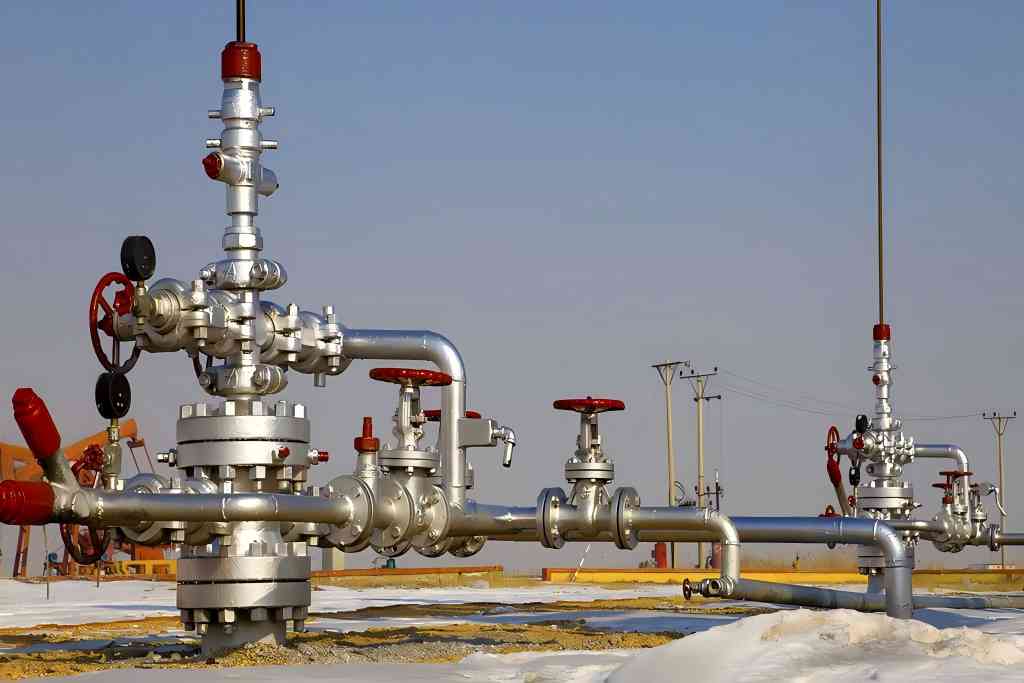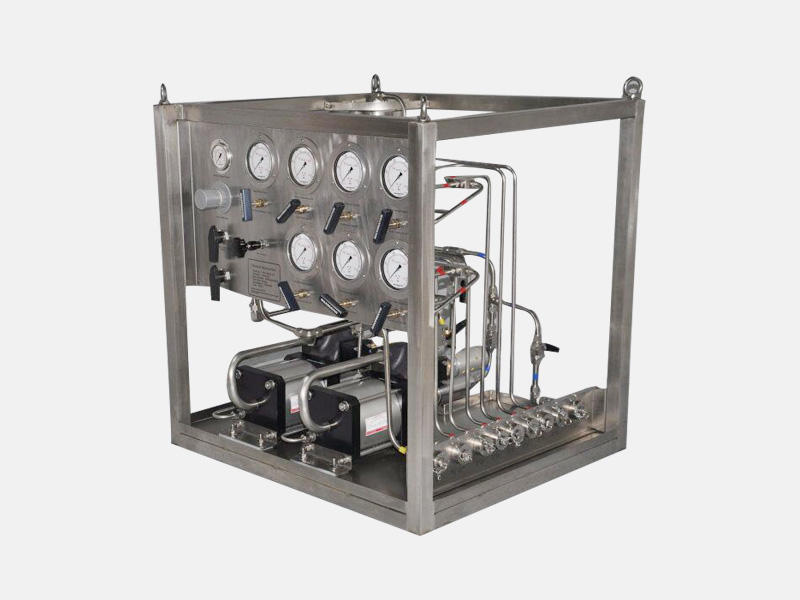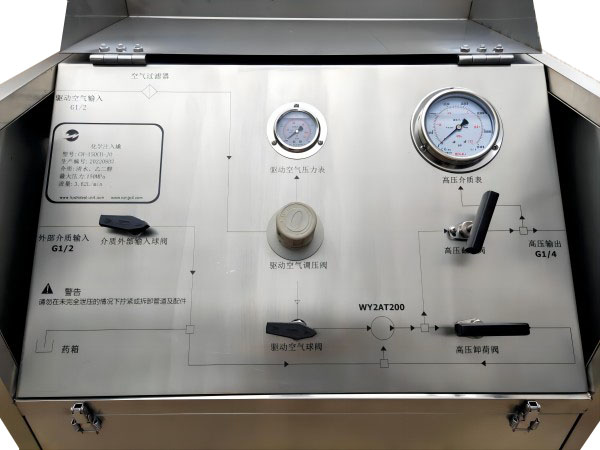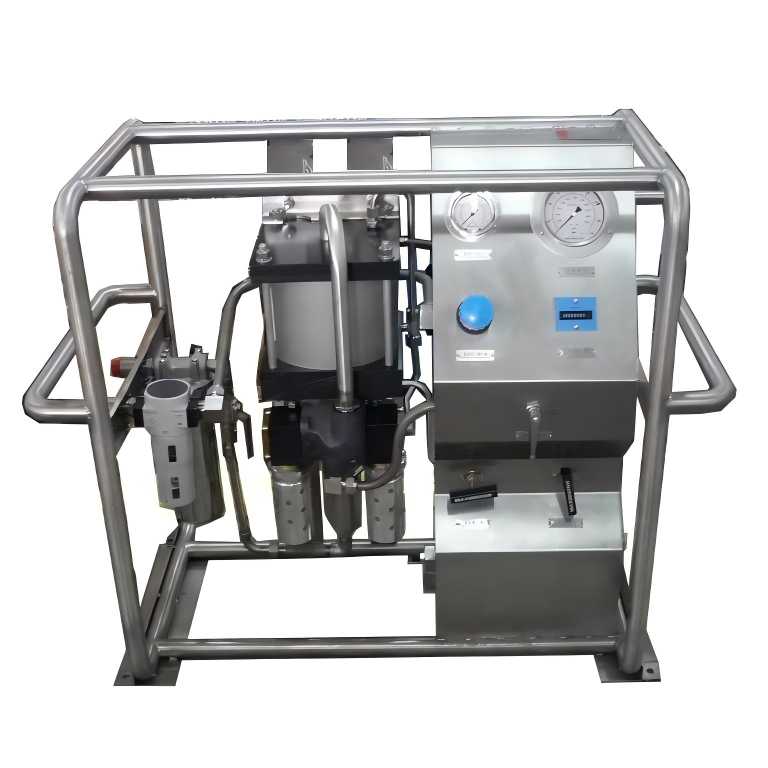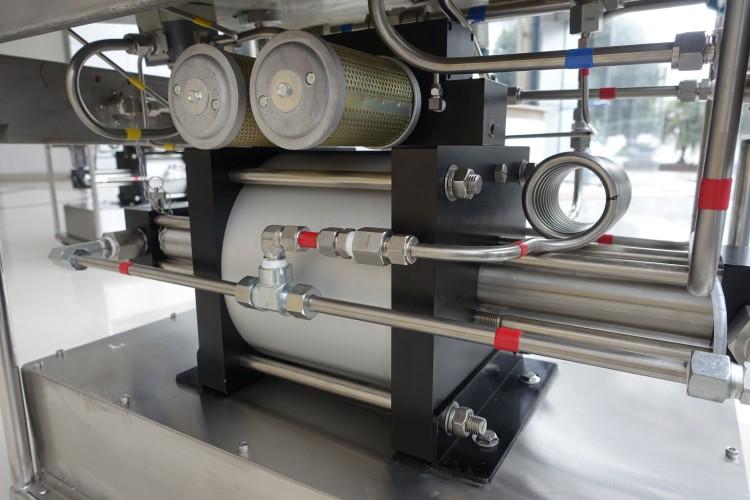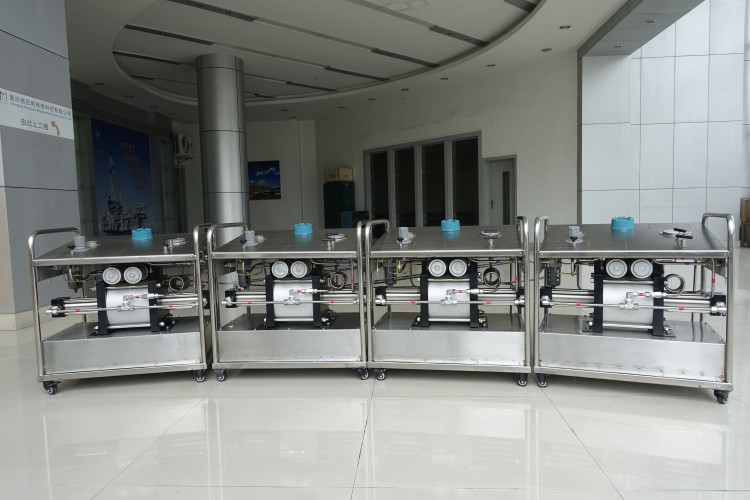Enhancing Efficiency and Safety in the Oil and Gas Industry with Chemical Injection Pumps
In the dynamic and demanding landscape of the oil and gas industry, maintaining operational efficiency and ensuring safety are paramount. Chemical injection pumps play a crucial role in achieving these goals by providing a controlled and precise method for delivering chemicals into various processes. In this article, we will delve into the world of chemical injection pumps, exploring what they are, how they are utilized in the oil and gas industry, the benefits they offer, and the common types employed in this sector.
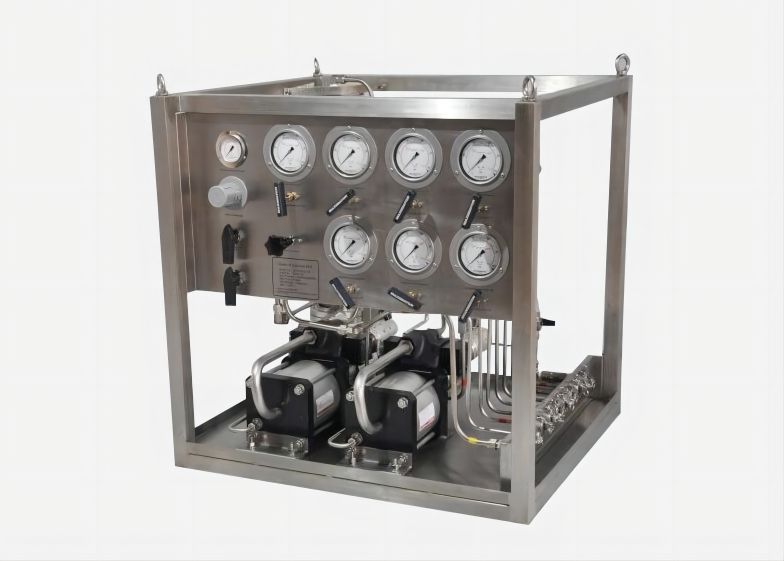
What is a Chemical Injection Pump?
A chemical injection pump is a specialized piece of equipment designed to inject chemicals into a system or process with accuracy and reliability. These pumps are integral to the oil and gas industry, where they are employed to introduce chemicals into pipelines, wells, and other components of the production and transportation infrastructure.
Chemical injection pumps are particularly vital for the oil and gas sector, as they enable the precise dosing of chemicals such as corrosion inhibitors, scale inhibitors, demulsifiers, and other substances essential for maintaining the integrity of equipment and ensuring optimal performance.
How are Chemical Injection Pumps Used in the Oil and Gas Industry?
Chemical injection pumps are used in various applications within the oil and gas industry to address specific challenges and optimize production processes.
- Corrosion Prevention: One of the primary applications of chemical injection pumps is in the prevention of corrosion within pipelines and other equipment. Corrosion inhibitors are injected into the system to protect metal surfaces from deterioration caused by corrosive substances present in the fluid being transported.
- Scale Inhibition: Chemical injection pumps are also employed to introduce scale inhibitors, which prevent the accumulation of mineral deposits on equipment surfaces. Scaling can impede the flow of fluids, reduce heat exchange efficiency, and lead to operational issues, making scale inhibition a critical aspect of oil and gas operations.
- Emulsion Breaking: In the production of oil and gas, emulsions often form, causing complications in transportation and refining processes. Chemical injection pumps play a key role in breaking these emulsions, facilitating the separation of oil and water phases for improved efficiency.
- Hydrate Inhibition: In subsea environments or areas with low temperatures, hydrate formation is a concern. Chemical injection pumps deliver hydrate inhibitors to prevent the formation of these ice-like structures, avoiding blockages in pipelines and ensuring uninterrupted flow.
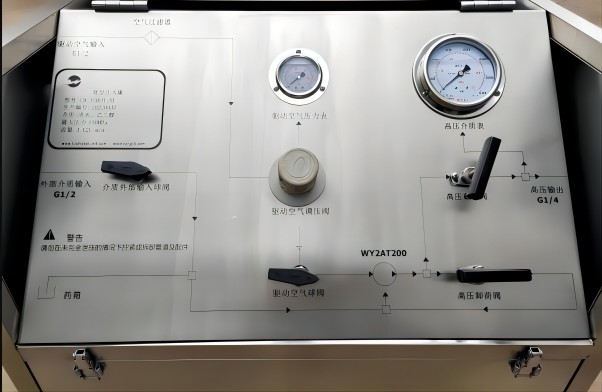
What are the Benefits of Using Chemical Injection Pumps in the Oil and Gas Industry?
The utilization of chemical injection pumps in the oil and gas industry offers several significant advantages, contributing to enhanced operational efficiency and safety.
- Precision and Control: Chemical injection pumps provide precise and controlled dosing of chemicals, ensuring that the right amount is introduced into the system. This accuracy is crucial for maintaining the desired chemical concentration and avoiding overdosing or underdosing issues.
- Cost Savings: By preventing corrosion, scaling, and other issues that can lead to equipment damage or inefficiencies, chemical injection pumps contribute to overall cost savings. Regular use of these pumps helps extend the lifespan of equipment and reduces the need for costly repairs or replacements.
- Environmental Protection: The controlled delivery of chemicals facilitated by injection pumps minimizes the environmental impact of oil and gas operations. It allows for the judicious use of chemicals, preventing excess discharge into the environment.
- Operational Reliability: Chemical injection pumps enhance the reliability of oil and gas operations by addressing potential challenges proactively. By preventing issues such as corrosion and scaling, these pumps contribute to the continuous and efficient flow of fluids through the production and transportation infrastructure.
Common Types of Chemical Injection Pumps Used in the Oil and Gas Industry
Several types of chemical injection pumps are employed in the oil and gas industry, each designed for specific applications and operational requirements.
- Diaphragm Pumps: Diaphragm pumps use a flexible diaphragm to displace the chemical, providing a pulsating flow suitable for injecting chemicals into pipelines or wells.
- Metering Pumps: Metering pumps are designed for accuracy, delivering precise volumes of chemicals at a controlled rate. They are commonly used for injecting corrosion inhibitors and other chemicals that require careful dosing.
- Piston Pumps: Piston pumps operate by using a reciprocating piston to displace the chemical. They are well-suited for applications that require high pressure and can handle a variety of chemical viscosities.
- Peristaltic Pumps: Peristaltic pumps utilize a flexible tube to transport chemicals by squeezing and releasing it. These pumps are ideal for applications where the pumped fluid must remain uncontaminated.
Choose a Reputable Chemical Injection Pump Manufacturer
In the quest for dependable and top-tier chemical injection pumps tailored for the oil and gas industry, the choice of manufacturer becomes paramount. Wingoil stands out as a reputable chemical injection pump manufacturer that places a premium on precision, durability, and strict adherence to industry standards.
Within the realm of chemical injection pump manufacturing, Wingoil takes the lead, offering innovative diaphragm pump solutions that have garnered recognition for their reliability. Additionally, the company specializes in metering pumps equipped with advanced control features, showcasing a commitment to cutting-edge technology in the field.
When it comes to the oil and gas industry, operators are advised to forge partnerships with manufacturers that not only comprehend the distinctive challenges of the sector but also excel in delivering tailored solutions. Wingoil’s expertise and dedication make it an ideal choice for those seeking reliable chemical injection pumps designed to meet the specific needs of the dynamic oil and gas environment.
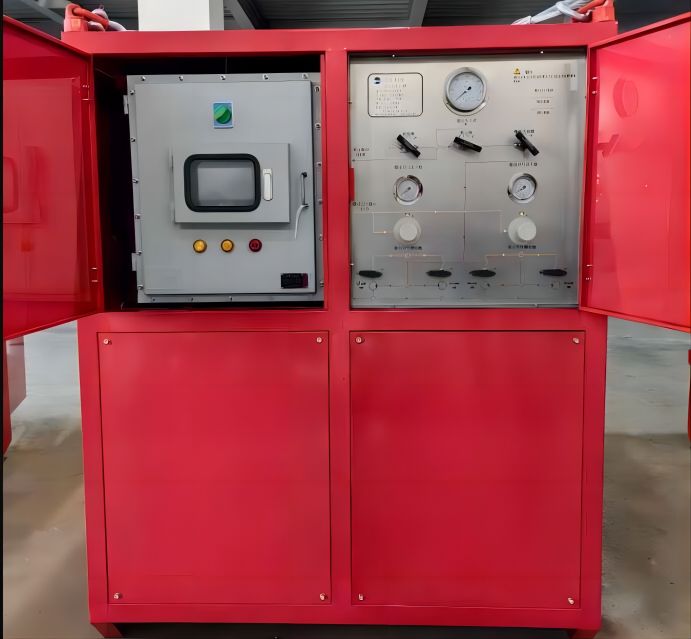
Conclusion
Chemical injection pumps play a vital role in enhancing the efficiency and safety of operations within the oil and gas industry. By addressing challenges such as corrosion, scaling, and emulsion formation, these pumps contribute to the longevity of equipment and the reliability of production processes. Choosing the right chemical injection pump, coupled with collaboration with reputable manufacturers, ensures that oil and gas operations run smoothly, minimizing risks and optimizing performance in this dynamic industry.

